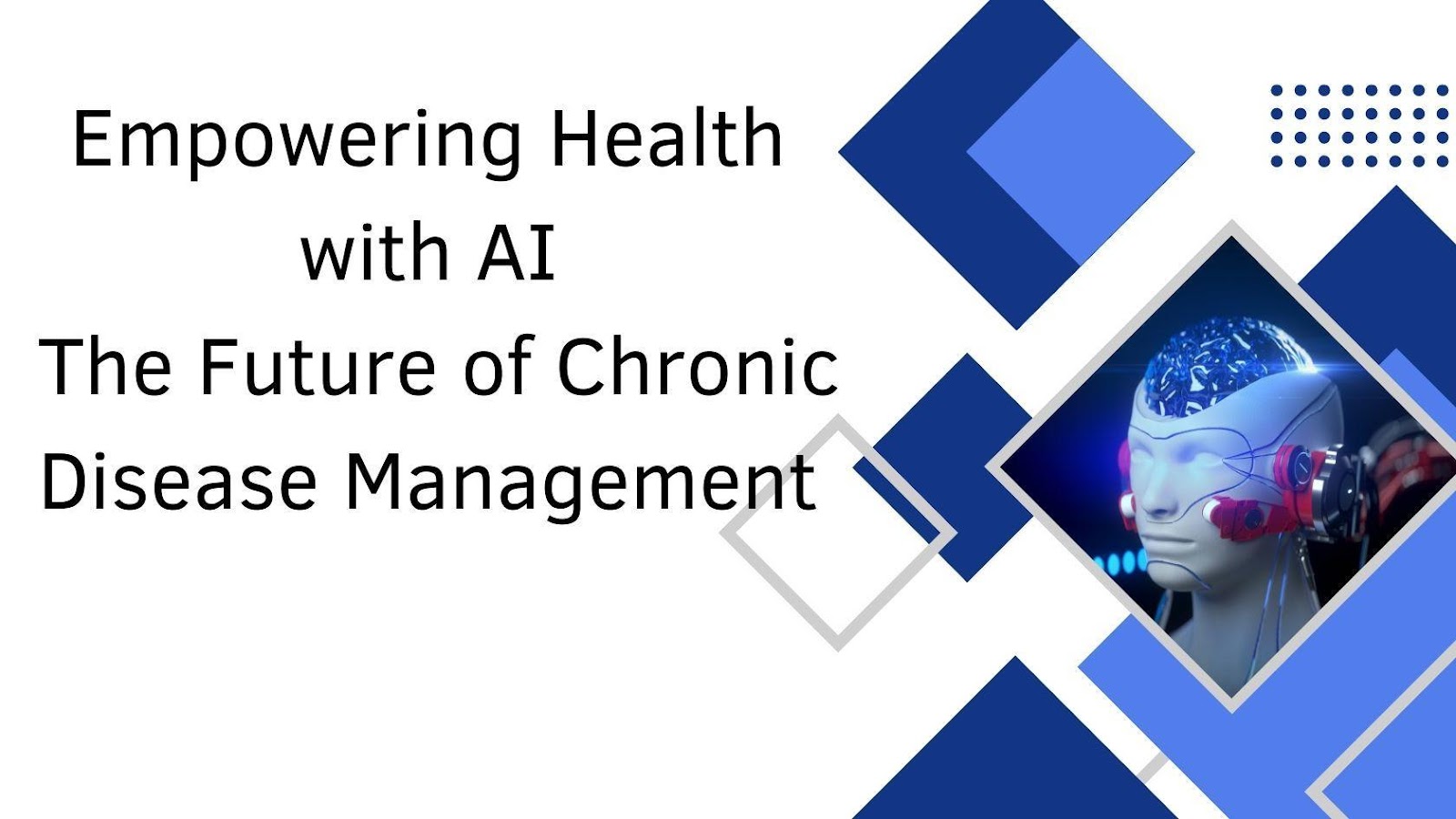Artificial intelligence (AI) is revolutionizing industries, with healthcare leading the charge. In chronic disease management, AI-powered mobile health applications are driving smarter, personalized, and more accessible care. Sridhar Rao Muthineni, a renowned author on technological advancements, explores this transformative shift in his recent work. This introduction delves into the groundbreaking innovations he highlights and their potential to reshape healthcare for millions worldwide.
Personalized Care Tailored to Individual Needs
AI-driven mobile health apps excel in delivering personalized care. These apps use advanced algorithms to analyze individual health data, such as activity levels, dietary patterns, and medical history, to provide tailored recommendations. This real-time customization ensures that patients receive care suited to their unique needs, making health management more effective and engaging.
For instance, individuals managing diabetes can use AI-enabled apps to track their glucose levels, receive medication reminders, and even predict future fluctuations based on historical data. This precision fosters better health outcomes and reduces the burden on traditional healthcare systems.
Enhanced Monitoring and Early Detection
One of the most significant contributions of AI in chronic disease management is its ability to monitor and detect health conditions early. Continuous monitoring of vital signs and behavioral patterns allows AI systems to identify anomalies before they escalate into critical issues.
These applications leverage sensors, wearable devices, and smartphones to gather data seamlessly. For patients with cardiovascular conditions, AI can alert them to irregular heart rhythms or potential risks, enabling timely interventions. Early detection saves lives and minimizes the financial strain of prolonged treatments.
Bridging the Gap in Accessibility
Healthcare accessibility remains a pressing concern worldwide. AI-powered mobile health applications democratize healthcare by making quality resources available to underserved populations. These apps eliminate geographical and financial barriers, allowing users to access expert advice and personalized care from the comfort of their homes.
Moreover, these tools are designed to be user-friendly, often supporting multiple languages and incorporating intuitive interfaces. This inclusivity ensures that individuals from diverse backgrounds can benefit from advanced healthcare technologies.
Empowering Patients with Self-Management Tools
Empowering patients to take charge of their health is a cornerstone of effective chronic disease management. AI-enabled apps provide users with the tools to monitor, analyze, and manage their health conditions proactively. Features like interactive dashboards, educational content, and goal-setting modules encourage users to stay engaged with their health journey.
These apps also foster a sense of accountability and motivation. For instance, gamification elements, such as achievement badges or progress tracking, make health management less daunting and more rewarding. This empowerment translates into better adherence to treatment plans and healthier lifestyles.
Integrating Data for Holistic Health Insights
AI thrives on data integration, and mobile health applications are no exception. By combining data from various sources, including wearable devices, electronic health records, and user inputs, AI systems provide a comprehensive view of a patient’s health. This holistic approach enables more accurate diagnoses and personalized treatment plans.
Additionally, these apps facilitate seamless communication between patients and healthcare providers. Real-time data sharing allows doctors to monitor their patients’ progress remotely and make informed decisions without the need for frequent in-person visits. This efficiency benefits both patients and the healthcare system at large.
Overcoming Challenges and Looking Ahead
Despite its immense potential, the integration of AI in mobile health apps is not without challenges. Data privacy and security remain critical concerns, as these systems rely heavily on sensitive personal information. Ensuring robust safeguards and compliance with regulatory standards is essential to build trust among users.
Furthermore, the effectiveness of these applications depends on their ability to adapt to diverse health conditions and individual variations. Ongoing research and development are crucial to address these limitations and unlock the full potential of AI in healthcare.
In conclusion, Sridhar Rao Muthineni highlights how AI-powered mobile health applications revolutionize chronic disease management through personalization, early detection, accessibility, and patient empowerment. These advancements are reshaping healthcare and hold immense potential for the future. With continued innovation and a focus on ethical practices, AI is poised to play a pivotal role in creating a healthier world, urging us to embrace this transformative era of healthcare innovation.



































